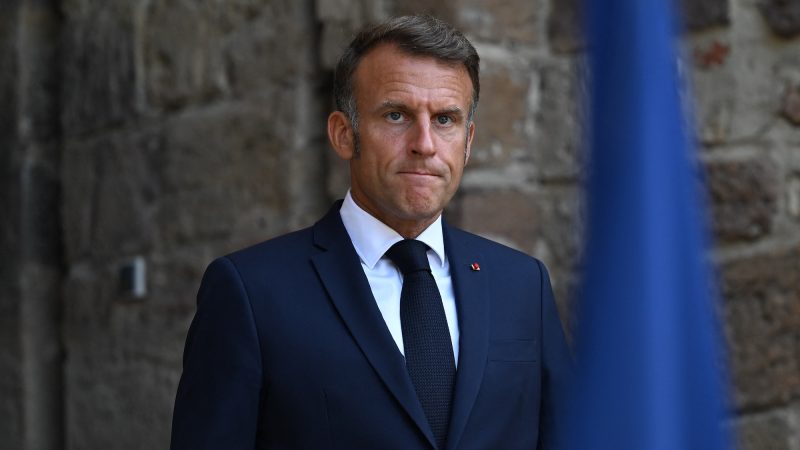
French President Emmanuel Macron is facing another significant political crisis. His Prime Minister, François Bayrou, a long-time Macron ally, has called a vote of confidence in his government – a gamble with potentially devastating consequences. The unpopularity of Bayrou’s economic policies, including austerity measures and debt control initiatives, has made this vote a high-stakes affair. Both the right and left-wing blocs in parliament are eager to see Bayrou removed, leaving Macron in a precarious position.
Should the vote of no confidence succeed, it would mark the second government collapse for Macron in less than a year, plunging France into yet another political crisis. Analysts like Laurent Geslin of Euractiv highlight the unenviable choices facing Macron: appointing another Prime Minister and hoping for a fragile majority, calling a snap election, or even resigning. The potential for further instability is palpable.
Commentators are divided on the implications of Bayrou’s gamble. While some, such as those at Politico, suggest Macron might appoint a third centrist Prime Minister to navigate the crisis, others, like James Tidmarsh of The Spectator, believe finding a suitable candidate will be nearly impossible. The next Prime Minister would likely be a sacrificial lamb, tasked with implementing unpopular policies while Macron attempts to maintain his grip on power until the end of his term. The Economist points out that Macron’s opponents are pushing for fresh elections, a scenario Macron has repeatedly ruled out.
The timing of this crisis couldn’t be worse for Macron. His international standing is currently elevated due to his role in mediating the Ukraine conflict and his stance on Palestine. This domestic turmoil threatens to overshadow these diplomatic achievements, as highlighted by Angelique Chrisafis in The Guardian. Beyond the political ramifications, the fiscal stability of France is also at risk. The Spectator suggests that a government collapse could lead to a credit rating downgrade, impacting borrowing costs and potentially triggering broader financial instability in Europe.
If Bayrou’s vote fails, Macron will likely remain in power, but his authority will be severely weakened. France faces a period of potential paralysis, social unrest, and economic uncertainty. The situation underscores the fragility of Macron’s position and the profound challenges facing France in the coming months.










